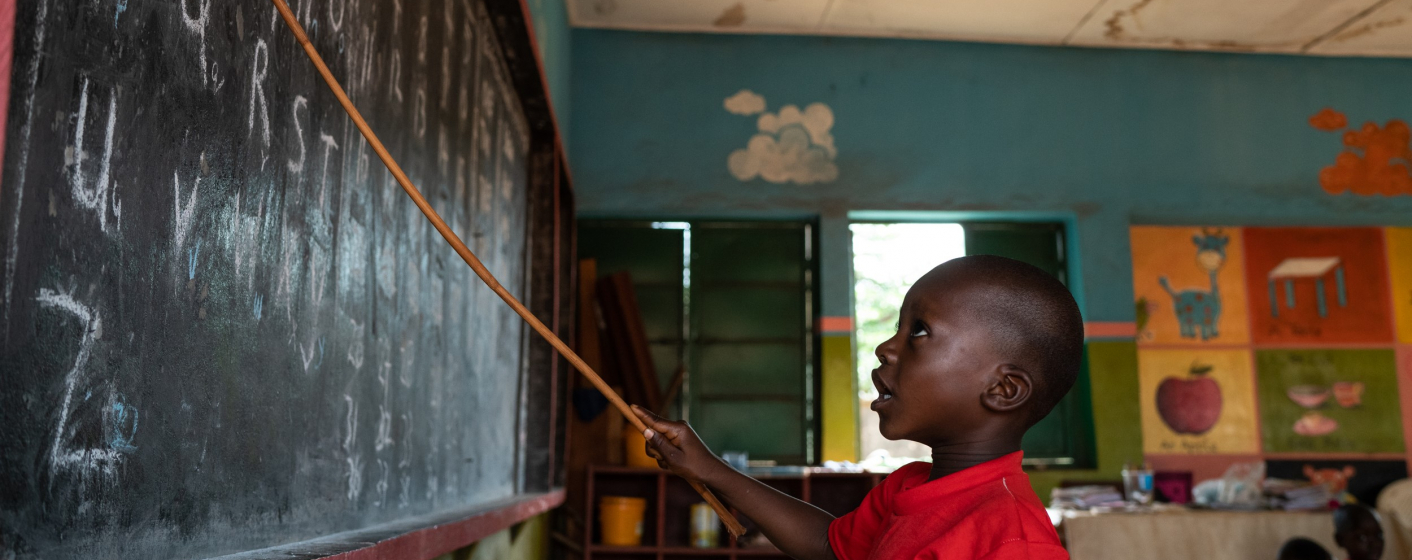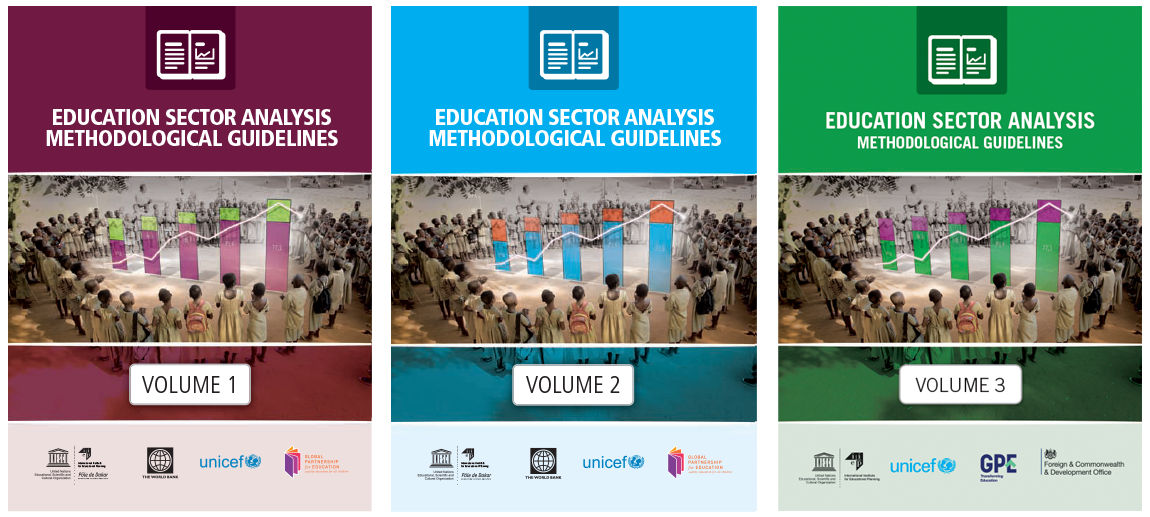IIEP-UNESCO Dakar provides technical support to African countries in conducting education and training sector analyses. An essential first step in deciding, planning and anticipating the future.
In Brief
- An in-depth review of the current state of the education and training sector, taking into account the context and needs of each country.
- A reference methodology, co-developed by our partners, that has been proven successful for over 20 years on the continent and beyond.
- An empirical and collaborative approach to strengthening education systems and stakeholders' capabilities.


